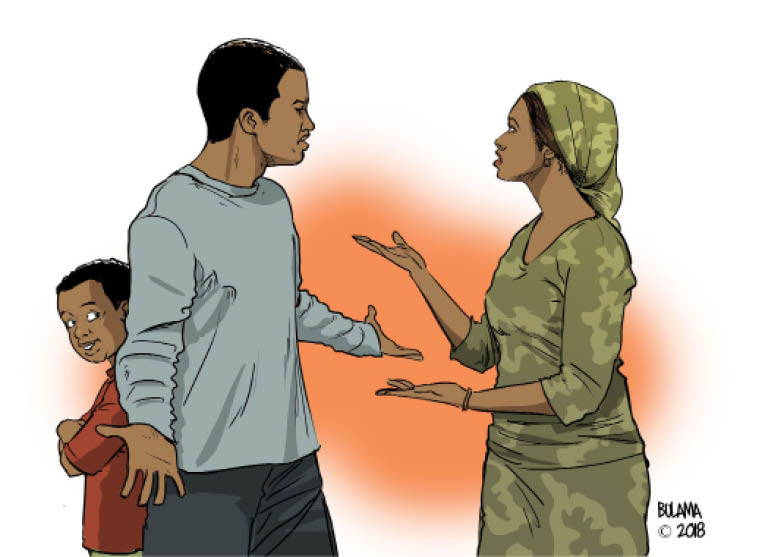Nine out of every 10 children aged 1-14 years (90%) have been subjected to at least one form of violent discipline by caregivers, the 2021 Multiple Indicator Cluster Survey (MICS) has revealed.
This is an increase of 5% points from five years ago.
The survey report which was launched this year by the National Bureau of Statistics, in collaboration with UNICEF, also revealed that the lowest level of violent discipline is registered in Sokoto (62%) while the highest levels are in Cross River (99%) and Imo (99%).
GAVI earmarks $50m funding for health system strengthening in 8 states
Can exercise stop one in three cases of depression?
The types of child discipline include only non-violent, physical punishment, psychological aggression and any violent discipline.
The survey explained that physical discipline involves “Shaking, hitting or slapping a child on the hand/arm/leg; hitting on the bottom or elsewhere on the body with a hard object, spanking or hitting on the bottom with a bare hand, hitting or slapping on the face, head or ears, and hitting or beating hard and repeatedly.”
Severe physical punishment means hitting or slapping a child on the face, head or ears, and hitting or beating a child hard and repeatedly while psychological aggression includes shouting, yelling or screaming at a child, as well as calling a child offensive names such as ‘ dumb’ or ‘ lazy’.
Violent discipline on the other hand, means any physical punishment and/or psychological aggression.
According to the survey, “Boys and girls aged 1-14 years are subject to more psychological aggression (85%) than physical punishment (78%).
“Boys and girls 1-14 years equally experience violent discipline of any kind (90% each).
“Violent discipline is 91% and 90% among children in urban and rural areas respectively. Among children in the richest and poorest households, it is 90% and 88% respectively.
“Slightly less than two out of every three mother’s/caretakers (64%) think that physical punishment is necessary to raise or educate children aged 1-14 years.”
UNICEF says violent child discipline is the most common form of violence at home that children are submitted to.
It says no matter what form of violence a child is exposed to, the experience may lead to serious and lifelong consequences.
UNICEF Chief of Education Nigeria, Saadhna Panday-Soobrayan, also says 85 per cent of Nigerian children between the ages of one and 14 experience violent discipline in schools.
She said nearly one in three of them are undergoing severe physical punishment.
While saying it is a staggering statistic, and demands urgent action, she said much of the violent discipline takes place in the form of corporal punishment in the very institutions that are entrusted to keep children safe, develop respect for human rights and prepare them for life in a society that promotes understanding, peace and conflict resolution through dialogue.
She explained that physical punishment causes not only pain, sadness, fear, shame and anger, but is also linked to children’s hyperactivity to stress, changes in brain structure and function, and overloaded nervous, cardiovascular, and nutritional systems.
“Spanking, just like more severe abuse, is linked to atypical brain function.
“The damage is not only acute, affecting their learning in the current moment, but also chronic. A large body of research links physical punishment with long-term disability or death; mental ill-health; impaired cognitive and socio-emotional development; school dropout and poorer academic and occupational outcomes; increased antisocial behaviour, aggression, and criminal behaviour in adulthood; and damaged relationships through its intergenerational transmission,” she said.

 Join Daily Trust WhatsApp Community For Quick Access To News and Happenings Around You.
Join Daily Trust WhatsApp Community For Quick Access To News and Happenings Around You.


